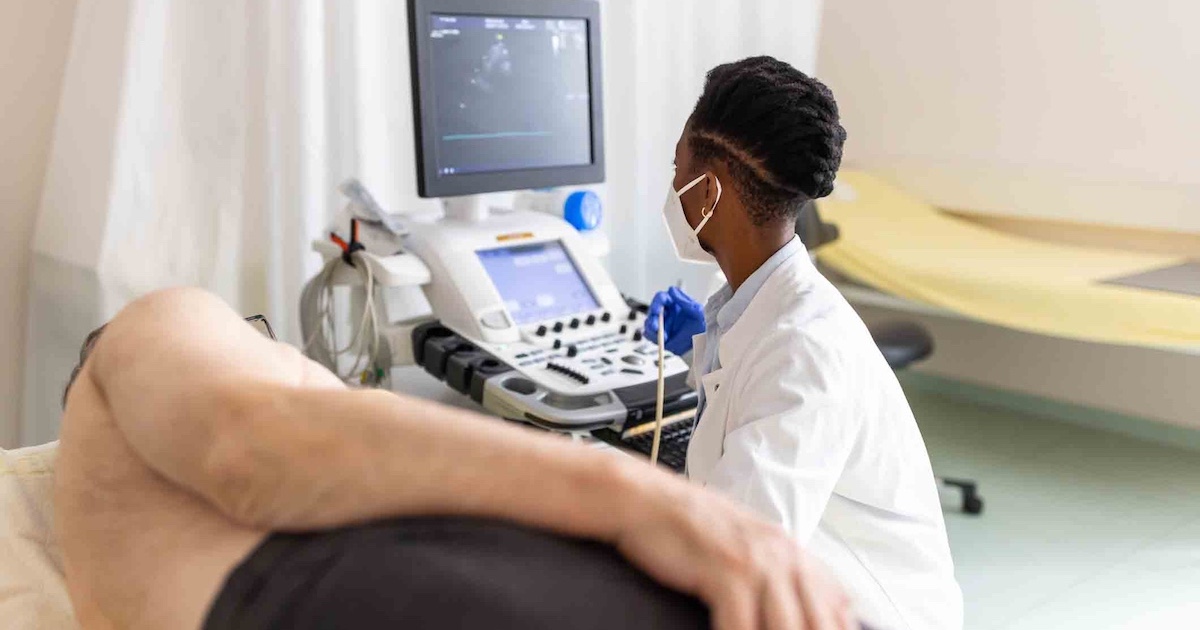Apps are fun. They're cool, they're hip, and they can do neat things. They can also drive physicians to distraction – or worse – if they don't provide the information or services needed at the point of care.
That's the premise behind Omnio, a customized iPad app that was unveiled this week by Physicians Interactive, a Marlborough, Mass.-based developer of online and mobile clinical resources for clinicians. Designed to "be the modern-day digital black bag," Omnio's goal is to provide a practical and customizable point-of-care resource for clinical information.
"It's got a very different look and feel and personality than most of the medical apps out there," said Gautam Galati, MD, MBA, MPH, Physicians Interactive's chief medical officer and senior vice president of product management. "The main thing about Omnio is that it's built on a social infrastructure … that appeals to physicians."
Omnio's popularity with physicians isn't just wishful thinking on the part of PI. While Tuesday marked the app's official launch, it was actually soft-launched last December in the Apple App Store for members of the Skyscape network, and has been listed among the top downloaded apps since then.
"With more than 31 million new entrants coming into the American healthcare system under healthcare reform, clinicians have a pressing need for tools to simplify their workflow," said Donato Tramuto, PI's CEO and vice chairman, in a press release announcing Omnio's launch. "Yet only 5 percent of medical professionals are satisfied with current medical apps. Omnio changes everything, allowing clinicians one-tap access to their favorite mobile tools and serving all the diverse roles clinicians now play. We chose the name Omnio because this app will become the omnipresent clinical assistant for the emerging healthcare workflow."
According to PI executives, Omnio's free content includes drug look-up, dosing recommendations, medical calculators, drug interaction, formulary information, disease reference materials and curated specialty news feeds. Users can bookmark and tag key resources, including books, medical calculators and websites.
"I can use Omnio on my iPad every day to answer questions specific to my branch of cardiology," said Jordan Safirstein, MD, FACC, FSCAI, RPVI, a Mountain Lakes, N.J.-based specialist in cardiac and peripheral vascular intervention, in the release. "It is personalized information chosen by me that is always accessible on my iPad. This type of functionality is part of the appeal of the iPad, so it's great to finally have this in a medical app."
According to Galati, who showed off the app during an interview earlier this month, many physician-facing apps are too overwhelming and can't be organized according to the physician's specialty or interests. When 80 percent of the medications that physicians describe are the same drugs over and over again, that amounts to a lot of wasted time and effort.
With Omnio, Galati said, physicians can customize what is essentially a default homepage with bookmarks and folders, enabling them to separate and store pertinent information and get to the information they need in about 10 seconds.
"It's a functional appearance designed to be practical for the clinician," he said.
While Omnio is designed for the iPad at present, Galati said several upgrades are in the works. PI plans to introduce a landscape mode (that's been a chief concern among physicians) and an iPhone platform in the next few months, followed by an Android version. He also expects to build out the resources section, enabling physicians to search for and save more content.


